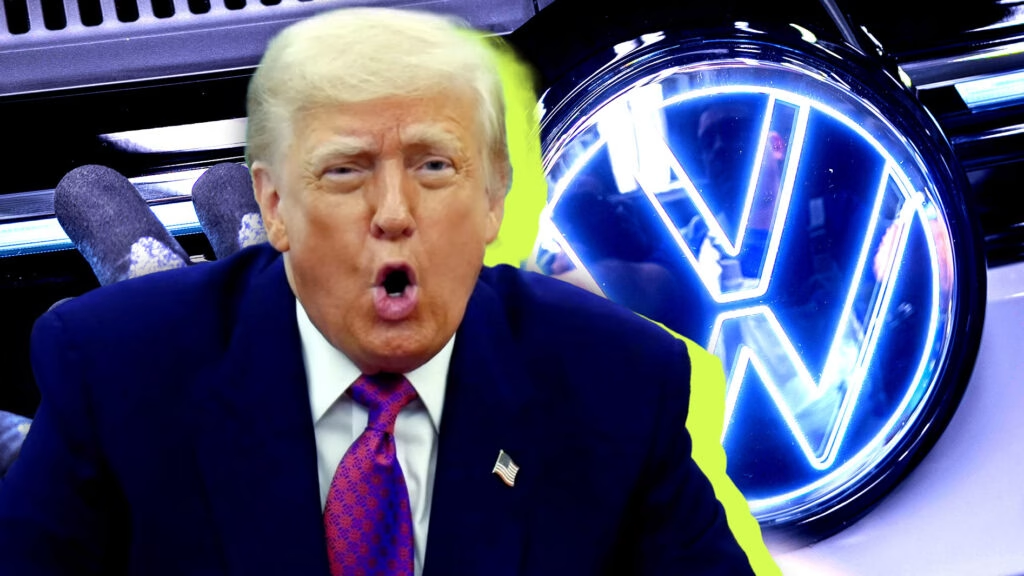Volkswagen is making headlines for a significant shift in its Diversity, Equity, and Inclusion (DEI) strategy, a move that many see as a response to the political climate in the U.S. With the Trump administration back in the spotlight, the automaker has decided to remove U.S. data from its global diversity calculations. This change reflects a broader trend among companies reevaluating their DEI initiatives in light of recent political pressures.
What’s Driving Volkswagen’s Change in DEI Strategy?
The decision to adjust its DEI strategy comes amid a wave of corporate rethinking following a successful boycott against Bud Light, which prompted several companies, including major automakers like Ford and Toyota, to reconsider their diversity efforts. This shift is not just about public perception; it’s also about aligning with the current political landscape, particularly with Trump’s vocal opposition to DEI programs.
Reports suggest that Volkswagen’s new approach will exclude its U.S. subsidiaries from future diversity metrics. This is a notable departure from its previous goals, which included targets like increasing the representation of women in upper management from 19.2% to 20.2% by 2025. The automaker has historically tied bonuses to achieving these DEI goals, making this shift particularly impactful for its internal culture and accountability.
The Role of Political Pressure in Corporate Decisions
The pressure on companies to abandon or alter their DEI initiatives has intensified, especially with recent communications from the White House criticizing such programs. In January, Trump signed an executive order aimed at protecting what he termed the “civil rights of all Americans,” which included directives to eliminate DEI preferences in federal contracting. This has led to a ripple effect, with companies like Verizon also abandoning their DEI policies to facilitate business dealings with the government.
Volkswagen’s decision appears to be influenced by similar pressures, as reports indicate that U.S. embassies have contacted large European companies, indirectly urging them to halt their DEI efforts. This kind of political maneuvering raises questions about the future of corporate responsibility and social equity in business practices.
What Does This Mean for the Future of DEI in Corporations?
As companies like Volkswagen adjust their DEI strategies, it raises broader concerns about the future of diversity initiatives in the corporate world. Will other companies follow suit, prioritizing political alignment over social responsibility? Or will there be a pushback from consumers and employees who value diversity and inclusion?
The reality is that DEI programs have become a significant part of corporate culture, and many employees see them as essential to fostering an inclusive workplace. However, as political winds shift, companies may find themselves in a difficult position, balancing corporate values with external pressures.
The big takeaway? Navigating the complexities of DEI isn’t about perfection—it’s about making informed, strategic adjustments. Companies must consider the implications of their decisions not just for their bottom line but also for their employees and the communities they serve. Starting with one thoughtful change this week could lead to meaningful differences by the end of the month.

